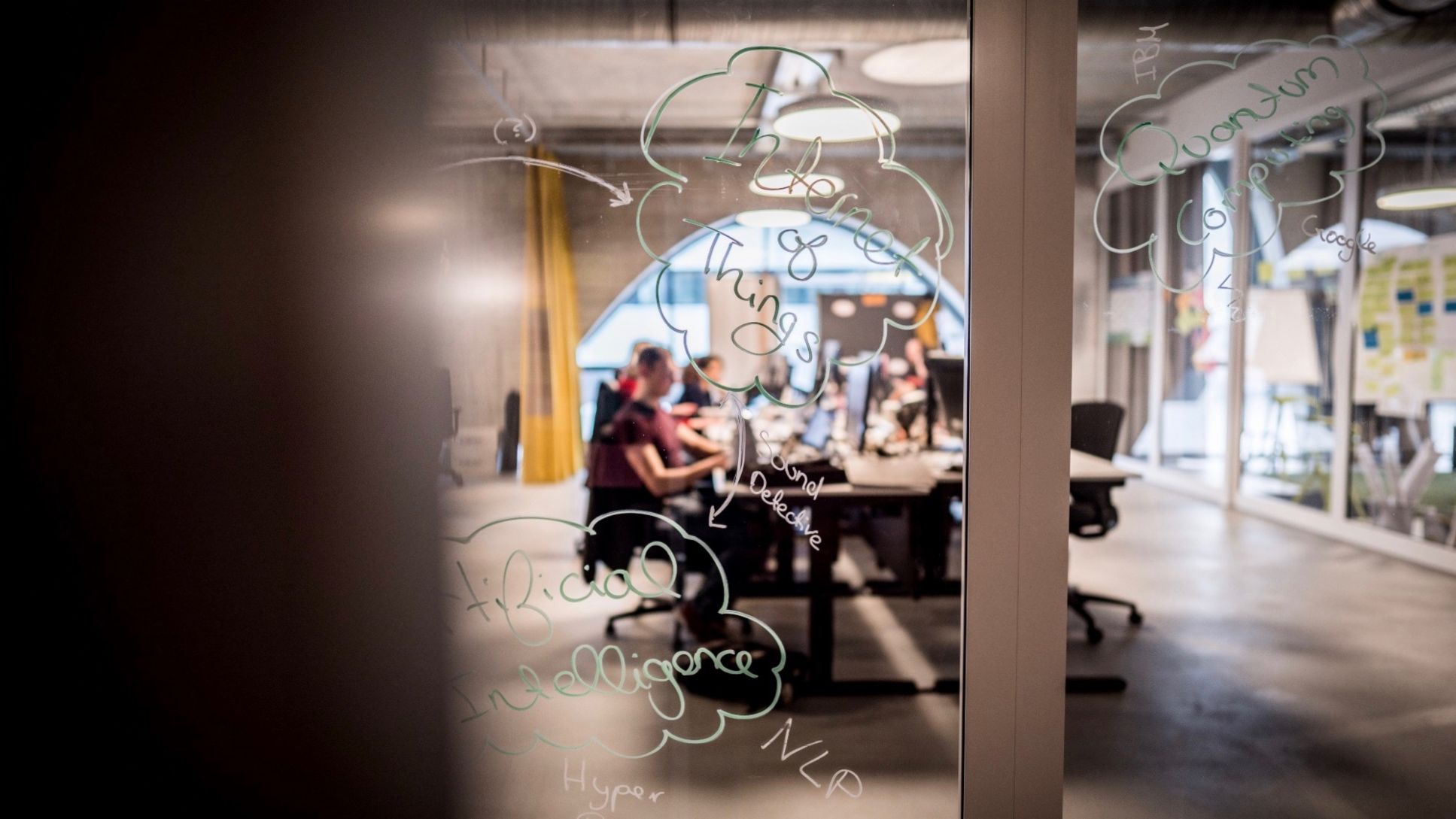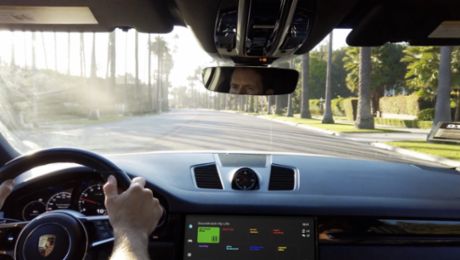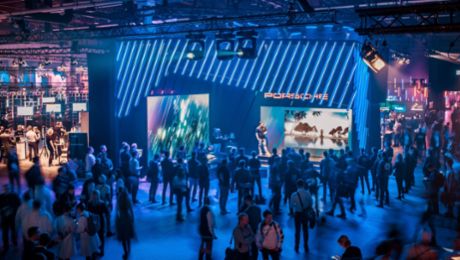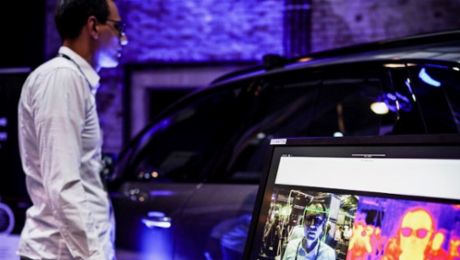These 30 “Big Ideas” give an exciting overview, in which people from very different industries have their say via LinkedIn. One topic that one cannot miss in this context is Artificial Intelligence (AI). This “trend” was already on our minds last year. And the one before that. And the one before that. But the term “trend” does not live up to the technology — which is as revolutionary, multifaceted and powerful as the developments of Tim Burners Lee: HTML and the World Wide Web. And in 2019 it will again be of major interest to us in the Porsche Digital Lab and almost every other organization worldwide.
Basic research and the art of engineering: Why do they not come together?
2019 will be the year of AI in Germany — I’m sure of that and it’s high time. When it comes to basic research, we are well positioned with institutions such as the Karlsruhe Institute of Technology, the German Research Center for Artificial Intelligence or research cooperations such as the Cyber Valley in Tübingen.
"2019 will be the year of AI in Germany — I’m sure of that and it’s high time." Anja Hendel
From Munich to Bremen, new chairs have been created in recent years for machine learning, computer vision and robotics. Unfortunately, however, there is still a lack of viable AI business models in Germany.
This is tragic for two reasons: With this research base and our strong engineering skills “Made in Germany”, we are actually predestined to develop innovative AI solutions and to contribute to the advance of the technology. But at the moment we are barely using this potential, as we are too seldom able to bring together science and practice. And my second point is directly linked to this: What we’re not really able to do, has already been achieved elsewhere, namely in China and the USA. This is where research and the development of sustainable business models come together, not least due to billions invested in the AI market.
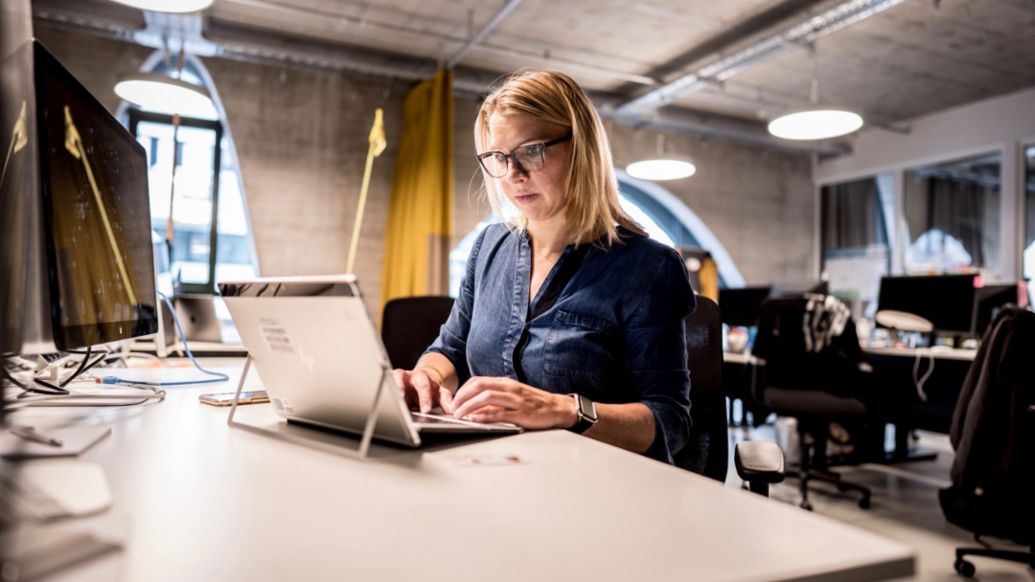
Forschungsgipfel 2019: Science, business and politics at one table
Against this background, I am all the more pleased that 2019 will be the year of Artificial Intelligence in Germany. The conditions are better than ever: The Science Year 2019 is dedicated to this topic. Last year, the Federal Government published its AI Strategy Paper and established the Enquete Commission on Artificial Intelligence. And with Dorothee Bär, an inspiring woman has assumed an important political mandate to further strengthen Germany as a digital location.
On 19 March 2019, the Forschungsgipfel (Research Summit) on Artificial Intelligence will also take place in Berlin. For the fifth time, around 400 decision-makers, experts and thought leaders from science, business, civil society and politics will come together — to give fresh impetus to the German research and innovation system. I am overly happy to be a part of it.
I firmly believe that innovation around and with Artificial Intelligence cannot be created in silence, but only together: Starting with the collaboration in diverse teams, through colourful mixed panels such as those at the Research Summit, to the cooperation of science and practice. This is the only way to make Germany an important AI location.
For this reason, our goal at the Porsche Digital Lab in Berlin is to bring together an interdisciplinary, diverse team of UX designers and analysts, data scientists, physicists and developers. This diversity enables us to go completely new ways in the testing of technologies and to jointly develop innovative solutions. We also love working with external partners such as startups and other companies. Porsche is also a partner of the Cyber Valley in Tübingen, a research cooperation that aims to better connect knowledge from science and industry. Porsche CIO Mattias Ulbrich recently reported a little more about Big Data and Machine Learning at Porsche on the Porsche Newsroom, and on our Tech Blog I’d like to warmly recommend articles by Tobias Grosse-Puppendahl or Dr. Tanja Emmerling.
First Tuesday at the Porsche Digital Lab
At the same time, fruitful cooperation can also take place on a day-to-day basis: Just visit one of our FirstTuesdays at the Porsche Digital Lab. We are always happy to see new faces, ideas, dialogue and fresh approaches.

And here we are again with the new year’s resolutions: My team and I also want to make 2019 our year of Artificial Intelligence and continue and advance our work around the possibilities and potentials of new technologies.
If you’re interested in our work, here we regularly report on exciting projects and smart minds. Or follow us on Twitter — there you can also find out everything about the Research Summit before, on and after 19 March using the hashtag #FoGip19.
